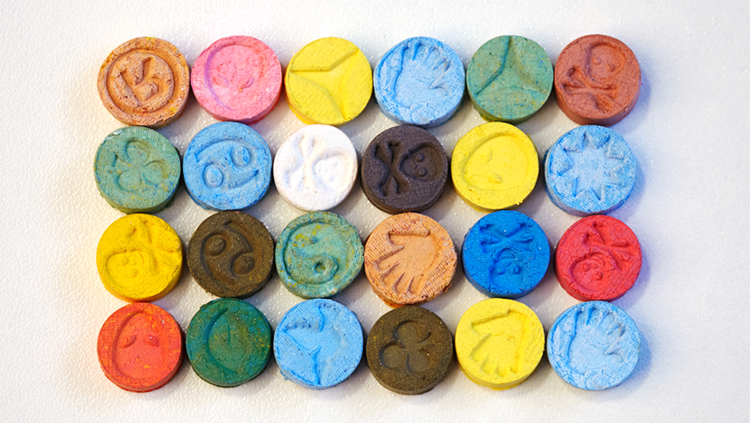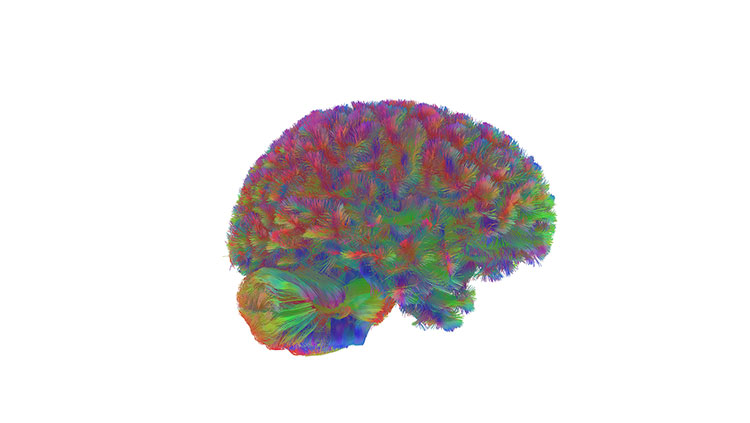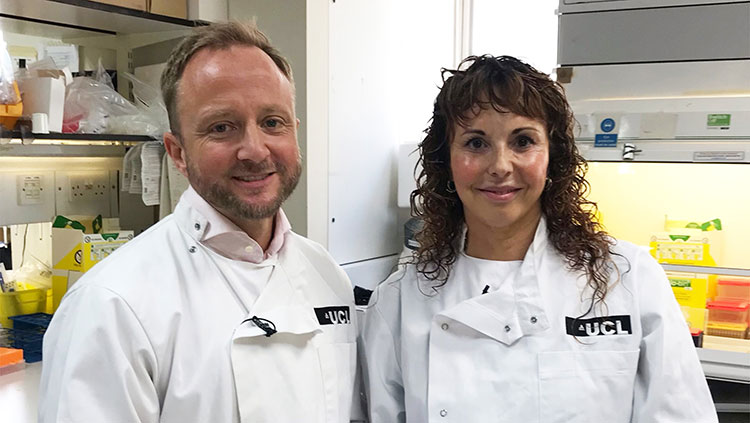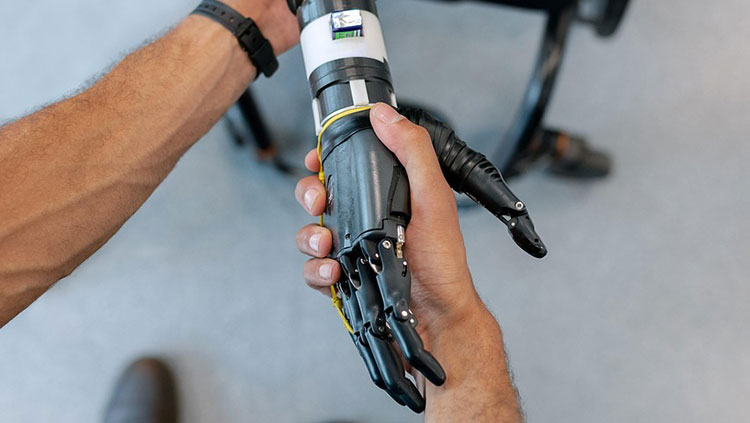ICYMI: Post-Brain Injury Depression May Be a Distinct Condition
- Published8 Aug 2023
- Author Christine Won
- Source BrainFacts/SfN
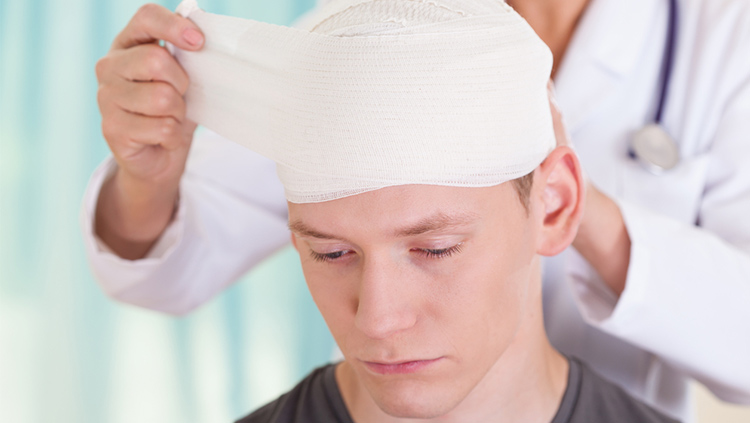
Researchers are proposing a new name for the depression many people experience following a traumatic brain injury (TBI): TBI affective syndrome.
A study published July 5 in Science Translational Medicine shows patterns of brain connectivity in people with depression associated with TBI were distinct from those seen in individuals with TBI or depression alone, according to precision functional MRI brain mapping.
Advances in functional MRI enabled researchers to focus on oft overlooked post-TBI brain activity changes related to mood. They found the brain circuits linked to depression were the same in TBI-associated depression but behaved inversely: A brain circuit that was overactive in a person with post-TBI depression was underactive in someone else with depression alone.
Big Picture: TBI increases an individual's risk for depression by almost eight times as compared to others without one. The findings could change the treatment approaches for people who become depressed after TBI but do not respond to medication and psychotherapy.
Read More: Depression after a brain injury is a distinct condition, study finds. That could change how it's treated. NBC
More Top Stories
- Researchers in Japan developed a novel way to detect brain cancer — a urine test. New Atlas
- A single injection of an anti-aging protein called klotho temporarily boosted older monkeys' memory and cognitive function. Wired
- Imaging dogs' brains showed they also have a region in the temporal lobe dedicated to visual perception of body postures similar to humans. New Atlas
- A study identified rare non-inherited, in-utero mutations of NRXN1 and ABCB11 — genes that may increase a person's risk of developing schizophrenia later in life. New Scientist
- How well you sleep may affect how much your brain benefits from physical activity. CNN
- For the first time in 20 years, the U.S. FDA has granted full approval to an Alzheimer’s drug: Eisai and Biogen's Leqembi, albeit with a black-box warning about potentially fatal brain bleeds. New York Times
- A new artificial intelligence tool — Cryosection Histopathology Assessment and Review Machine (CHARM) — helped genetically profile glioma in real-time during brain surgery. Bloomberg
- Australia awarded almost 600,000 Australian dollars ($407,000) to researchers who developed DishBrain — the lab-grown brain cells that can play Pong — to merge artificial intelligence and human brain cells. The Guardian
- A daily low dose of aspirin did not prevent ischemic strokes among older people who never had one and increased their risk of brain bleeds. New Scientist
- Some people with long COVID may face cognitive function challenges for up to two years post-infection. Washington Post
CONTENT PROVIDED BY
BrainFacts/SfN
References
Siddiqi, S. H., Kandala, S., Hacker, C. D., Bouchard, H., Leuthardt, E. C., Corbetta, M., Morey, R. A., & Brody, D. L. (2023). Precision functional MRI mapping reveals distinct connectivity patterns for depression associated with traumatic brain injury. Science Translational Medicine, 15(703), eabn0441. https://doi.org/10.1126/scitranslmed.abn0441
Also In Neuroscience in the News
Trending
Popular articles on BrainFacts.org



